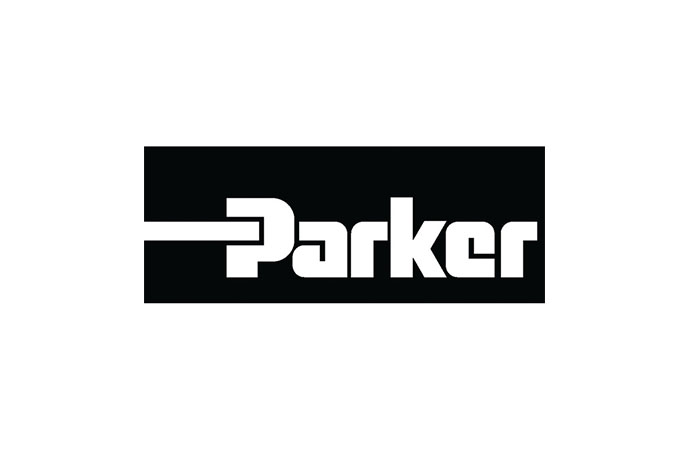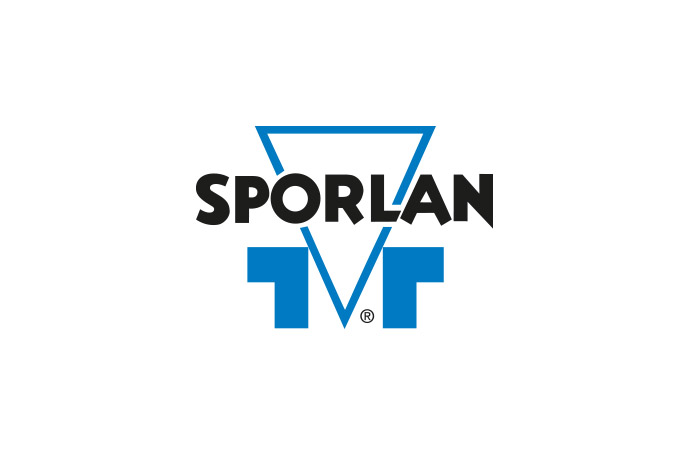Yesterday saw the second AHR Expo workshop dedicated to hydrocarbon refrigerants, this time dedicated to their safe handling. Following up on a hydrocarbon session from the day before, the worshops were a first of a kind in the US.

Providing an overview of system design and covering topics related to hazards (including flammability), cylinder handling, safe working environment, service and maintenance procedures, the "Safe Handling of Hydrocarbon Refrigerants" attracted about 50 participants. The session, hosted yesterday at the 62th AHR Expo in Orlando by the Refrigeration Service Engineers Society (RSES), aimed to ensure that workforce servicing such equipment is well-educated on the safety aspects of working with hydrocarbon refrigerants.
Safety is paramount
“Safety is paramount” both at the design stage and servicing of hydrocarbon based systems, said Pete Gosselin of Ben & Jerry’s in the opening of the session. Hence, any system using hydrocarbons in the US will be designed specifically for use with hydrocarbons.
Trends observed
Gosselin then moved on to discuss several observed trends, including on:
Jane Gartshore, Stephen Benton of Cool Concerns Ltd., took the floor next. The company has been providing training on hydrocarbons for Unilever UK and the test market (Ben & Jerry’s testing of 50 units) for the US. The company also has extensive experience with BOC in the UK. Having worked in India, Australia, UK and Jamaica, it is now assisting with the training on the US market.
The main message coming out from the Cool Concerns presentation was that safety is key and can be managed very well, as long as one follows the rules and doesn't cut corners. The vast majority of accidents that have happened in the past are attributable to human error or retrofitting HFC systems with hydrocarbons without having changed some of the key components.
After going over the properties of the various hydrocarbons as well as the main drivers for their market uptake, Cool Concerns went on to explain the basic rules of how to manage hydrocarbons safely. For the purpose, the company presented a couple of 'practical videos' that were well received by the audience.
A safe working environment for HCs: Brief practical guide
The presenters provided the audience with brief practical guidelines on how to ensure a safe working environment when handling hydrocarbons. In this context, they stressed the importance of:
Safety is paramount
“Safety is paramount” both at the design stage and servicing of hydrocarbon based systems, said Pete Gosselin of Ben & Jerry’s in the opening of the session. Hence, any system using hydrocarbons in the US will be designed specifically for use with hydrocarbons.
Trends observed
Gosselin then moved on to discuss several observed trends, including on:
- Design: Shift in design away from one big system with one big charge (R404a) towards smaller units with smaller charges.
- Staying ahead of legislation: Big retailers are now looking at the carbon footprint of systems and whether to go for HFCs or directly to natural refrigerants ahead of legislation.
Jane Gartshore, Stephen Benton of Cool Concerns Ltd., took the floor next. The company has been providing training on hydrocarbons for Unilever UK and the test market (Ben & Jerry’s testing of 50 units) for the US. The company also has extensive experience with BOC in the UK. Having worked in India, Australia, UK and Jamaica, it is now assisting with the training on the US market.
The main message coming out from the Cool Concerns presentation was that safety is key and can be managed very well, as long as one follows the rules and doesn't cut corners. The vast majority of accidents that have happened in the past are attributable to human error or retrofitting HFC systems with hydrocarbons without having changed some of the key components.
After going over the properties of the various hydrocarbons as well as the main drivers for their market uptake, Cool Concerns went on to explain the basic rules of how to manage hydrocarbons safely. For the purpose, the company presented a couple of 'practical videos' that were well received by the audience.
A safe working environment for HCs: Brief practical guide
The presenters provided the audience with brief practical guidelines on how to ensure a safe working environment when handling hydrocarbons. In this context, they stressed the importance of:
- A well-ventilated area
- The absence of ignition sources within a radiant of 3 metres from the system
- Wearing protective equipment (gloves, glasses) is also essential, as hydrocarbon refrigerants burn like HFCs
- Making use of a simple leak detector, that is suitable for hydrocarbons (do not use standard leak detector)
- Hydrocarbons Recovery machine: make sure that the machine is hydrocarbon friendly and that the electronics are sealed
- Recovery of the refrigerant: Unlike in the UK, where small amounts of the refrigerant may be vented, in the US this is not currently possible. Hence, refrigerant recovery needs to be employed
- Evacuate area
- Be aware of asphyxia hazard
- Ventilate to disperse hydrocarbon refrigerants
- Eliminate sources of ignition
- Prevent from entering basements etc.
- Remember: no one will smell the refrigerant (unstenched)
- In case of doubt call fire department
- DO NOT UNPLUG (possible ignition source)
MORE INFORMATION
Related stories










